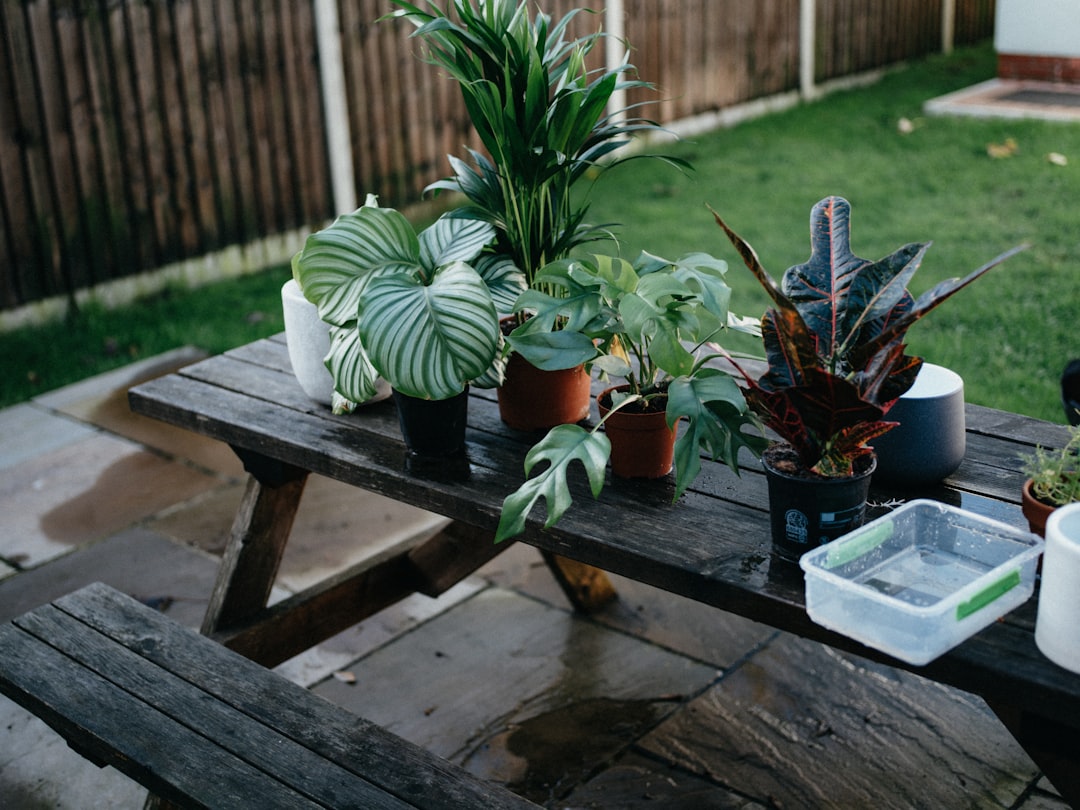Lessons Learned
#103 In Retrospect
I did not want to be a care provider. Yet, when my husband needed one, I took on my biggest challenge. Along the way, I learned important lessons and grew immeasurably. I wanted to share some of those insights with you:
what was in place
during his hospital stay
managing while he was home
dealing with care facilities
my hospice experience
IN PLACE
The good news, we had wills, powers of attorney, insurance, a financial planner, an accountant, and a lawyer. As things turned out - that was a plus. The bad news, I wasn’t interested in knowing the details, which made taking over more stressful.
In retrospect, I would be more involved in the business matters of our life and not leave it up to my partner. I would attend every meeting - ask numerous questions, understand thoroughly, and add my two cents. I would visit assisted living facilities, learn about in-home care and daycare programs, and understand cremation options and hospice services.
IN THE HOSPITAL
Dan was conscientious about his health - checking his blood pressure, going to the doctor regularly, and keeping detailed records. So when he had unusual stomach pain, he insisted I take him to the emergency room. When the staff couldn’t relieve the pain, they sent him to the hospital. Doctors decided that he needed surgery.
I was never sure surgery was warranted. Nevertheless, I listened to the doctors’ and agreed to the surgery.
While in the hospital, nurses gave him a lot of medication - even though he was taking no prescription drugs beforehand. He was disoriented and didn’t know where he was or how to get home. I was concerned that they gave him too many pills but said nothing - they were the experts. Doctors would say they saved his life; I would say they also ruined it.
After he was home, his body recovered quickly, but his mind never did. His company asked him to retire; he was easily confused and lost his reason for living.
In retrospect, I would stress seeing his physician before going to the emergency room - maybe there would be something less invasive to try. I would know about the potential side effects of anesthesia, hospital stays, and medications. While I would listen to the doctors’ opinion, I would voice my concerns and provide information that no one asked.
AT HOME
Self Care
I read many websites offering ideas for caregivers, such as Tips For New Caregivers. Four tips that stood out for me were self-care, education, organization, and helping him adjust.
I was a psychologist; I could handle this myself - wrong. After three years of caring for Dan, who steadily lost ground, I was overwhelmed, beaten, and depressed.
I cared for myself by journaling, reading, taking walks, and focusing on my interests, but it wasn’t enough. In the later stages of the disease, he became cantankerous, argumentative, and resistant. There was no reasoning with him. He would wander around the house at night, go out without telling me, and try driving the car when he was incapable of doing so. It was a 24/7 job.
In retrospect, I would include our family sooner and find resources that worked. He didn’t want a “stranger” in his home, but I would make a more significant effort to get help - it is that important. I would be firmer - telling him what we would do rather than asking him what he wanted.
Educate Yourself
Dan’s father and sister were diagnosed with Alzheimer’s, but we lived out of state, and I was unaware of the symptoms. Even so, that knowledge could have been a heads-up to explore further. Perhaps, the dementia was developing before the surgery. I thought that his personality was conservative, perfectionistic, and detail-oriented, but it may have been his attempts to manage a more significant problem.
After the surgery, I talked with the anesthetist, and we went to his doctor - both said memory loss could be a short-term consequence. We had tests done, but there were no glaring indicators. We thought his memory would improve, but it never did.
In retrospect, once I knew about his dad and sister, I would learn about the disease and watch for symptoms. Even if there was no treatment for dementia, I would take him to the doctor for specific symptoms such as depression, anxiety, and aggression. I would be more proactive.
Organization
The MeetCaregivers website offers several tips for managing specific issues. Some of which were valuable and others not so much. In our situation
Medication management was complex. I set out pills for Dan, but he refused to take them. I crushed them and put them in his food, but he refused to eat it. Months after he died, I found pills tucked away in odd places.
Routines were essential at first. Then he forgot to follow them.
We made daily to-do lists, but he often ignored them.
I had no plan.
In retrospect, I would learn everything I could about the disease. I would look for as many suggestions as possible and create a bag of tricks to deal with the issues that arose. I would take charge sooner and have a solid plan in place.
Help Your Loved One Adjust
One of our significant struggles was that Dan rarely admitted he had a problem. In a moment of clarity - he would agree to go to the doctor, but when it was time for the appointment, he forgot or refused to go. He would decide to put financial accounts in my name and refused to do so.
In retrospect, I would be firmer with him and try multiple approaches. I would treat him as a person with a significant illness rather than helping my husband be the person he was. I would accept his limitations and decline earlier. He wasn’t playing a game; he could no longer do certain things.
The Memory Care Facility
I visited several facilities - even one with him - he was furious. So, when I could no longer manage, we planned to have him stay at a private home where he would be with other dementia patients. That lasted a day - they couldn’t handle him.
We needed a locked facility. We (my children and I) had visited a similar facility, but because of the pandemic, we hadn’t seen this site beforehand.
He would never have agreed to this - he didn’t think he had a problem, so I told him we were moving to a new apartment. The transition went smoothly but broke my heart - for him, for me, and us.
My four requests were to have daily contact with him, be informed, and keep him busy and safe. They guaranteed we could Facetime daily; they would give me weekly reports on how he was doing, and there would be activities for him.
Maybe I was naïve, but I thought that was reasonable. The nurses treated him well but didn’t challenge him. He played bingo, baked cookies, and helped in the garden - this was a fix-it guy. He needed meaningful tasks. Talking with him on the phone was difficult, and there was little staff contact unless I demanded it - then promises were made and not kept.
In all fairness, it was difficult for the facility - the pandemic hit hard - half the staff had COVID, and several residents died, including Dan. We could not visit very often.
The bottom line, it was not the environment I wanted for him or the one I thought he was getting. Then, again, maybe my expectations were unrealistic.
In retrospect, I would make a more significant effort to keep him home longer. However, the facility was better prepared to keep him safe and care for him. I would visit facilities more and get to know them better. Any way you look at it - there was no good answer.
HOSPICE
After he returned to the memory care facility from the hospital, I contacted hospice - the facility was on lockdown, I couldn’t go there, but they could. They contacted me regularly, checked on him, and supported me in every way.
In retrospect, they offered services and were more attentive than I expected. I would use their services again.
Whether you are caring for a loved one with dementia, as I was, or with other chronic or terminal illnesses, it will be the most challenging job you have - ever. Self-care is primary.
As the following quote reminds
On an airplane, an oxygen mask descends in front of you. What do you do? As we all know, the first rule is to put on your oxygen mask before assisting others. Only when we first help ourselves can we effectively help others.
Caring for yourself is one of the most important—and forgotten—things you can do as a caregiver. When your needs are taken care of, the person you care for will benefit, too.
In retrospect, I would take care of myself better, which would help me better care for him. I would be as knowledgeable as possible, and I would be more assertive - with doctors, with Dan, and with others.
Two websites that I found helpful:










A very timely retrospect, Janice, as the year comes to an end. And so helpful to all of us. I remember the feeling of overwhelming exhaustion and desperation in caring for my mother. I don't know how you managed it for so many years. I was on the verge of a total mental and physical breakdown after only 9 months of it. Thank all the gods for Hospice. They gave me such helpful advice and support. I wish you the happiest of new years, Janice, and an alleviation of some of your pain and sadness. Sharron
Isn’t it easy to look back. I’m in the middle of caregiving in the same situation for my father. I think it’s harder to see the signs when it is someone we love and easy to look back and see the mistakes. You did the best you could with the information you had at the time. Dementia/Alzheimers what a horrible disease. Thank you for the article!